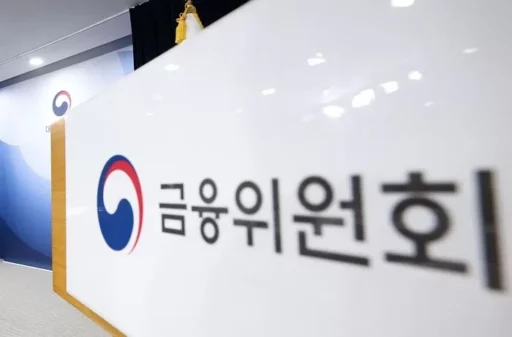Financial Services Commission Establishes Long-Term Delinquent Debt Forgiveness Program… Targeting 1.13 Million People
The Financial Services Commission plans to invest 400 billion won in a second supplementary budget to establish a long-term delinquent debt forgiveness program for debts over seven years and under 50 million won, aiming to alleviate the debt burden for approximately 1.13 million individuals.
This measure is designed to address the worsening debt issues faced by small business owners and vulnerable groups due to persistently high interest rates, inflation, and economic recession following the COVID-19 pandemic.
According to the announcement made by the Financial Services Commission on the 5th, this program will operate by purchasing and forgiving long-term delinquent debts over seven years and below 50 million won, or by alleviating repayment burdens. The commission estimates that approximately 16.4 trillion won in long-term delinquent debts affecting around 1.134 million individuals will be forgiven or adjusted.

Concerns have been raised regarding potential moral hazard and equity issues for diligent repayers in relation to this large-scale debt forgiveness program. In response, the Financial Services Commission clarified its principle of only forgiving debts deemed "truly unpayable" through strict income and asset assessments.
A Financial Services Commission official stated, "Only the debts of borrowers who are unable to repay to a level comparable to bankruptcy will be forgiven," adding that debts deemed inappropriate for debt adjustment support will not be purchased or will be explicitly listed as having eligibility disqualifications.
Particularly, financial investment debts incurred through stock investments or debts of small businesses engaged in entertainment sectors will be excluded from the purchase list. This adjustment appears to reflect criticisms about whether debts related to gambling and speculative businesses should also be forgiven, as there were initially no restrictions on the industry in previous announcements.

Regarding the scope of support for foreigners, the commission plans to determine this within recognized justifications and necessities.
The Financial Services Commission added, "In 2013, under the National Happiness Fund and in 2020, with the COVID-19 Emergency Disaster Support Fund, support was provided to include permanent residents and marriage immigrants."
Concerns have been raised that a "blind spot" may emerge where those seeking debt adjustment for long-term delinquent debts cannot receive support from both the new start fund and the existing program. In response, the Financial Services Commission explained, "Some small business owners who closed before April 2020 may not be eligible for either program; however, they can ease their debt repayment burden through the Korea Credit Recovery Committee's debt adjustment program."
Meanwhile, on the previous day, the National Assembly's plenary session finalized a budget of 1.1 trillion won for three projects, including the long-term delinquent debt forgiveness program, a debt adjustment program for small businesses and self-employed individuals (700 billion won), and support for appointing debtor representatives (35 million won).
Image source: The government approved a supplementary budget of 20 trillion won in a Cabinet meeting to stimulate consumption and activate domestic demand, as citizens crowd the Mangwon Market in Mapo-gu, Seoul, on the afternoon of the 19th. / News1, data photo to aid readers' understanding / News1


